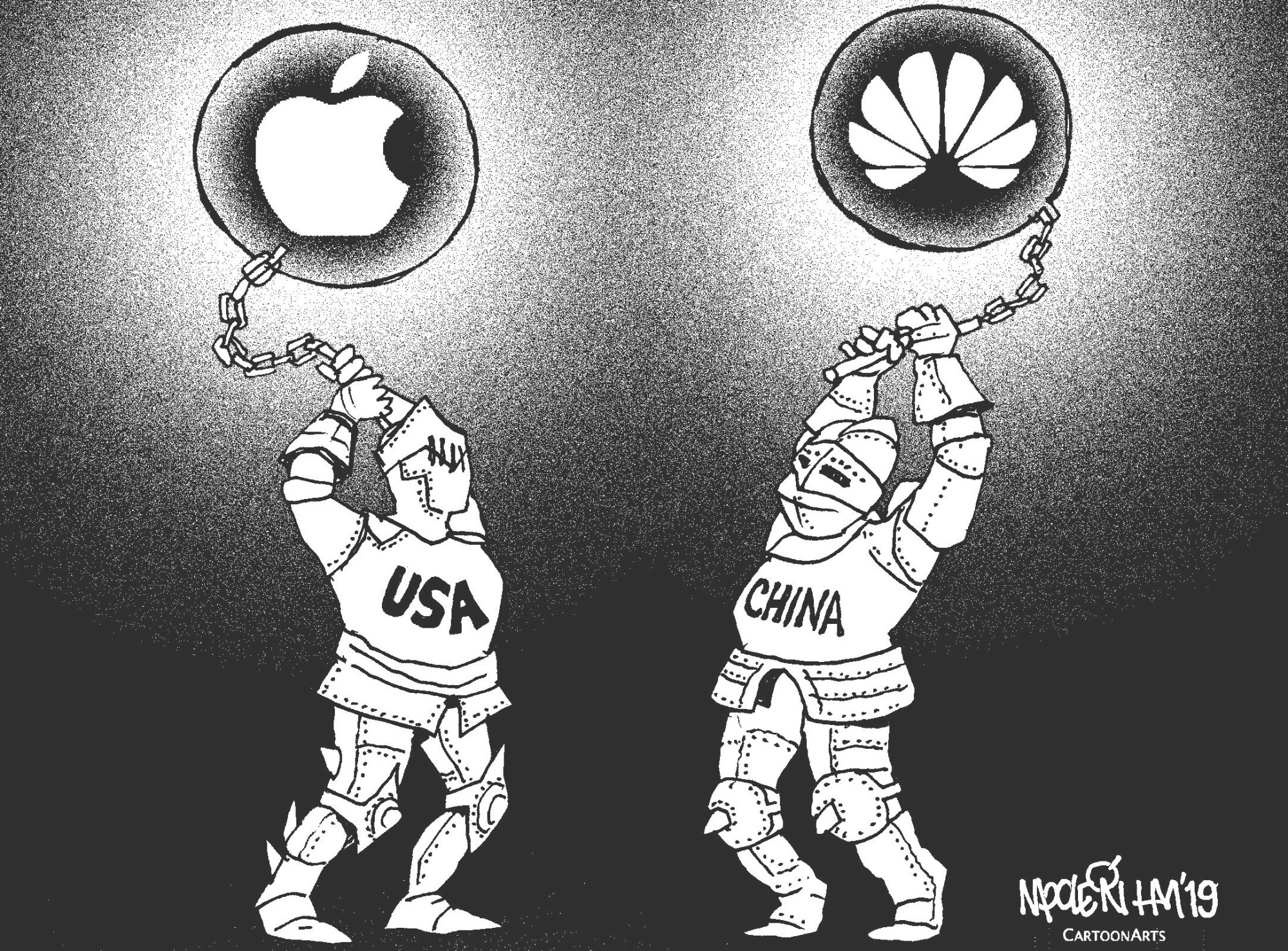The strategic rivalry between China and the United States has incited an outbreak of historical analogies — Athens versus Sparta, the United Kingdom versus Wilhelmine Germany, or the U.S. versus the Soviet Union. But the fracas over the U.S. actions against the telecommunications giant Huawei recalls another antecedent: the pre-World War II U.S. pressure campaign against Japan, culminating in President Franklin Roosevelt's momentous decision in July 1941 to freeze Japan's assets in the U.S.
Once again, the U.S. faces an aggrieved Asian power seeking to claim its place in the geopolitical sun, displace the U.S. from Asia, transcend its economic dependency on the West and rewrite international rules to advance its interests. That Asian power is stoking nationalist fervor and repressing dissent at home. And the U.S. is attempting to use economic leverage to change its behavior while increasing military deployments to shore up alliances and assert its presence.
Of course, the 2010s are not the 1930s. China has not invaded any neighbors, as Japan did to China. China and the U.S. are far more economically entwined than were prewar Japan and the U.S. Their joint status as nuclear superpowers immeasurably raises the stakes of armed conflict. And so on.

















With your current subscription plan you can comment on stories. However, before writing your first comment, please create a display name in the Profile section of your subscriber account page.